Inflation level symbol. A wooden cube with up icon. Wooden block with the concept word Inflation. Beautiful grey table grey background. Copy space. Business inflation level concept. xkwx word, inflation, stagnation, inflation level, crisis, business, finance, economy, concept, sign, financial, investment, recession, value, money, bank, symbol, deflation, background, analysis, debt, policy, presentation, statistic, stock, businessman, person, market, politic, currency, bankruptcy, choose, economics, increase, invest, lawyer, message, notice, pointing, profit, balance, exchange, banking, inflation stagnation, reflation, economy recession, financial crisis, economy crash, market crash
Ahead of Monday’s inflation data release on Monday by the National Bureau of Statistics (NBS), analysts at Financial Derivatives are projecting a further rise in inflation to 34.64% in Nigeria.
Financial Derivatives based its forecast on its Lagos market survey and regression model.
This 0.76% increase it says will be driven by seasonal factors and cost pressures, resulting in higher prices compared to the corresponding period in 2023.
The EIU forecasts inflation will peak at 35% in December 2024 and average 27.7% in 2025.
A disinflationary trend is expected in the long term, supported by forex stability, trade policy, and base effects
Food is becoming more expensive
The food and core sub-indices are expected to move in tandem with headline inflation, rising to 40.02% and 29.38%, respectively, especially eggs, rice, vegetable oil, and sardines.
FDC analysts said monthly inflation, which is a more accurate measure of current inflation than annual inflation, is also projected to increase to 2.67% (annualized at 37.25%) from 2.64%.
The analysts said while Interest rate hikes are choking they are necessary.
In line with global and regional trends, the Nigerian MPC took a hawkish stance at its November meeting, raising the monetary policy rate by 25bps to 27.50% p.a.
An increase in the policy rate is expected to push up the cost of borrowing, reduce excess liquidity, and taper the general price level.
According to a statement from FDC, “since core inflation has remained more sticky relative to the headline and food inflation, it will suggest that Nigerian inflation is more structural than transient.
“Therefore, inflationary pressures could persist if monetary tightening is not complemented by other economic policies.”
The MPC will meet next in January, and the consensus opinion is that the CBN will continue its tightening process, as this aligns with the trend, given that inflation is expected to maintain its upward trajectory. However, a moderation in inflation is likely before mid-2025 as inflation begins to taper.
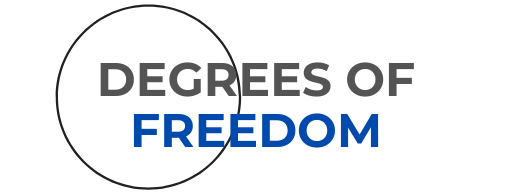
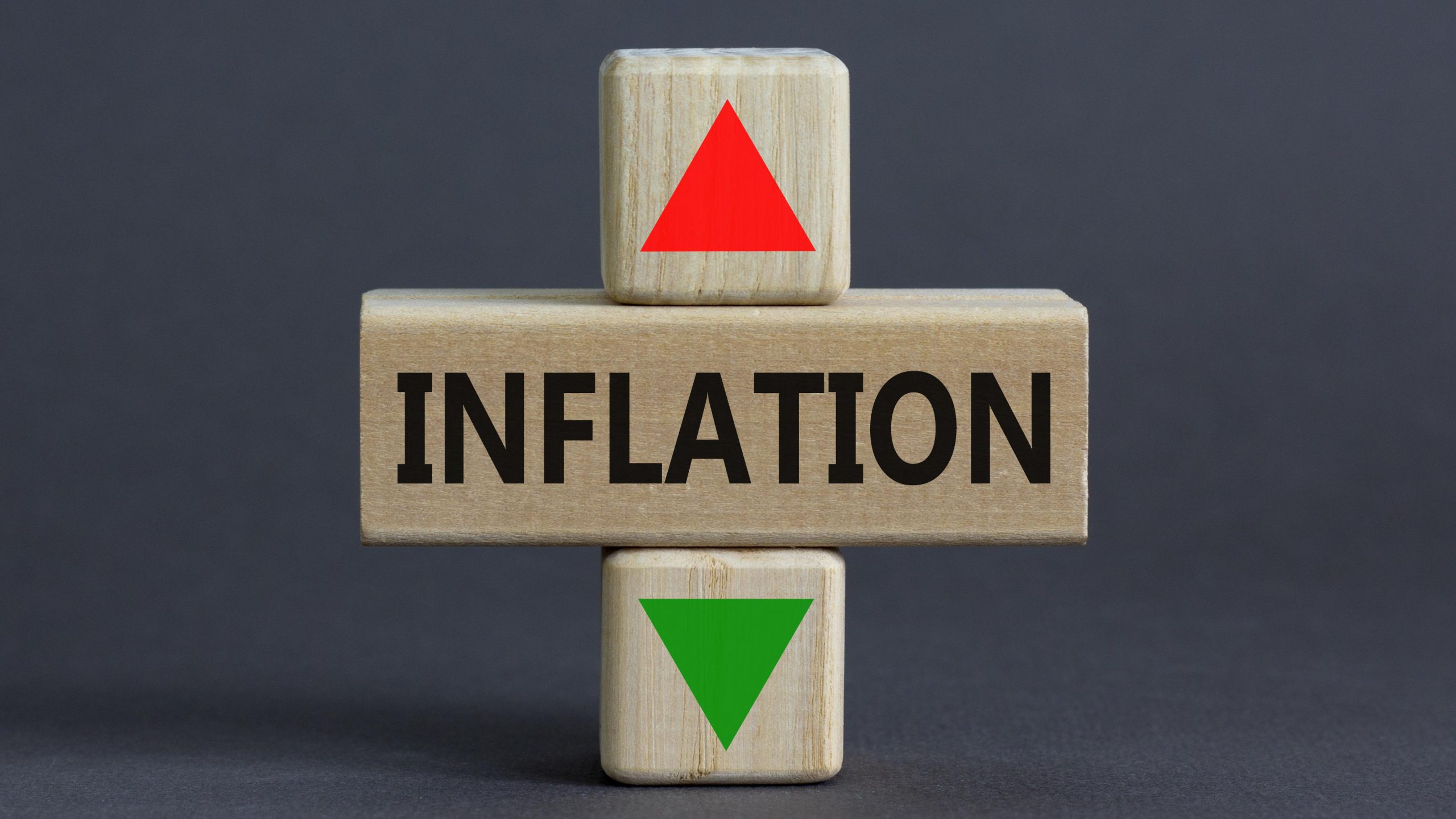
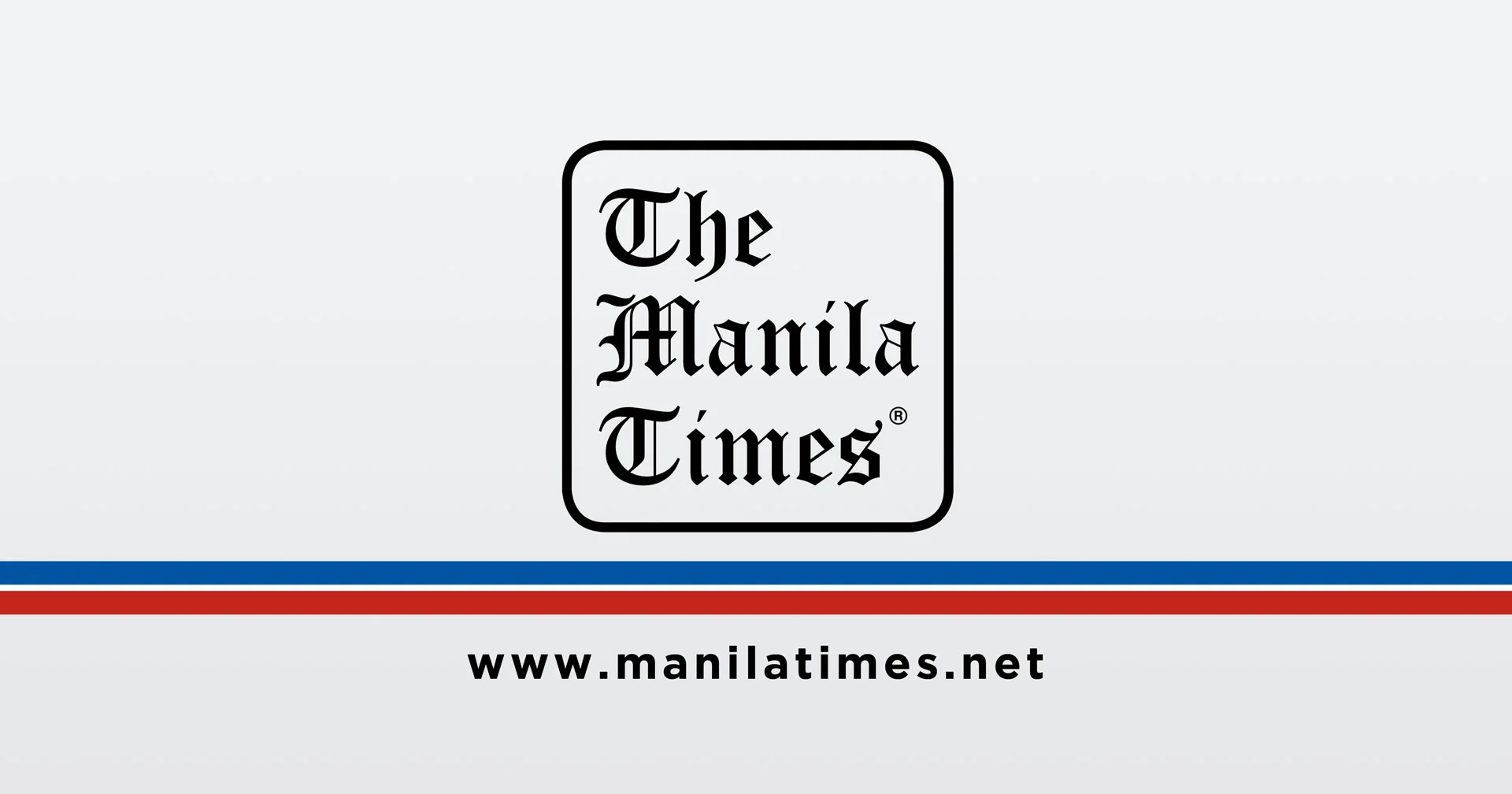


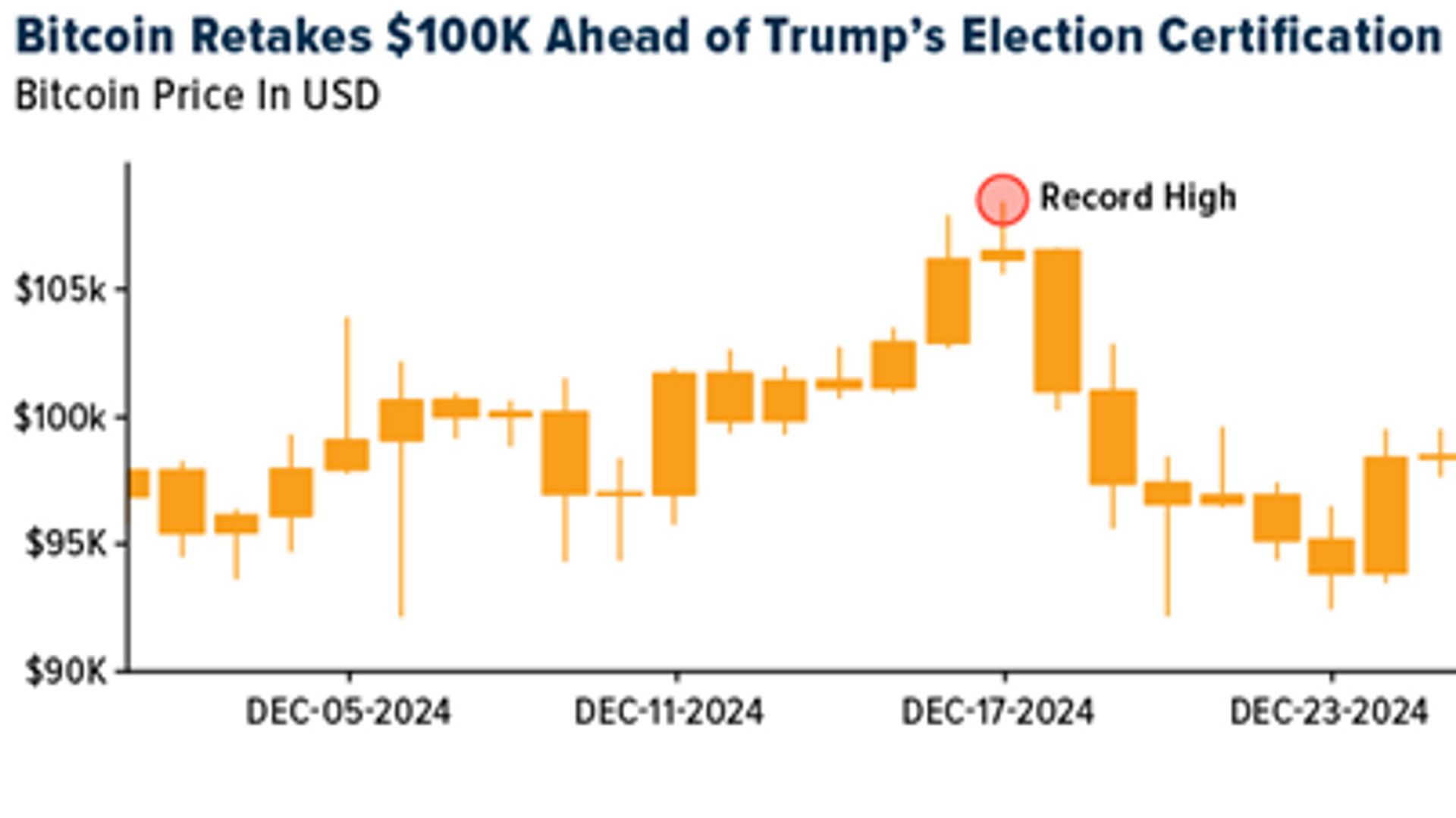
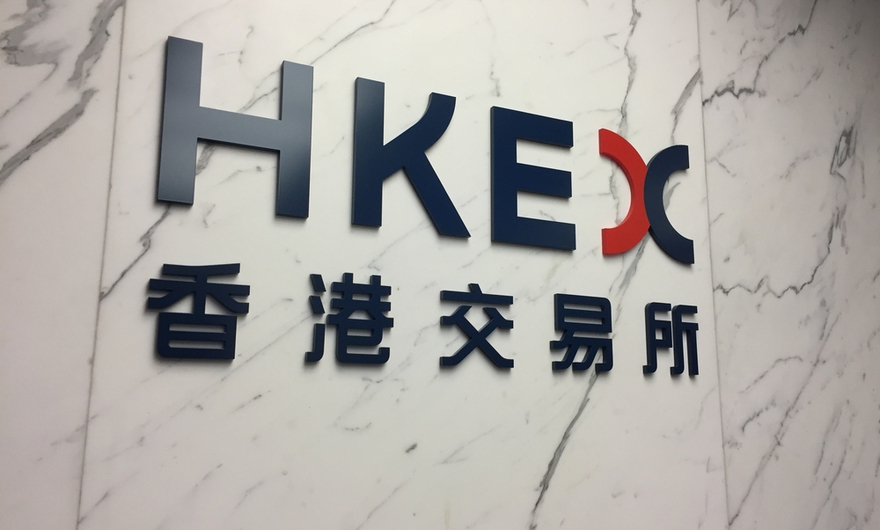
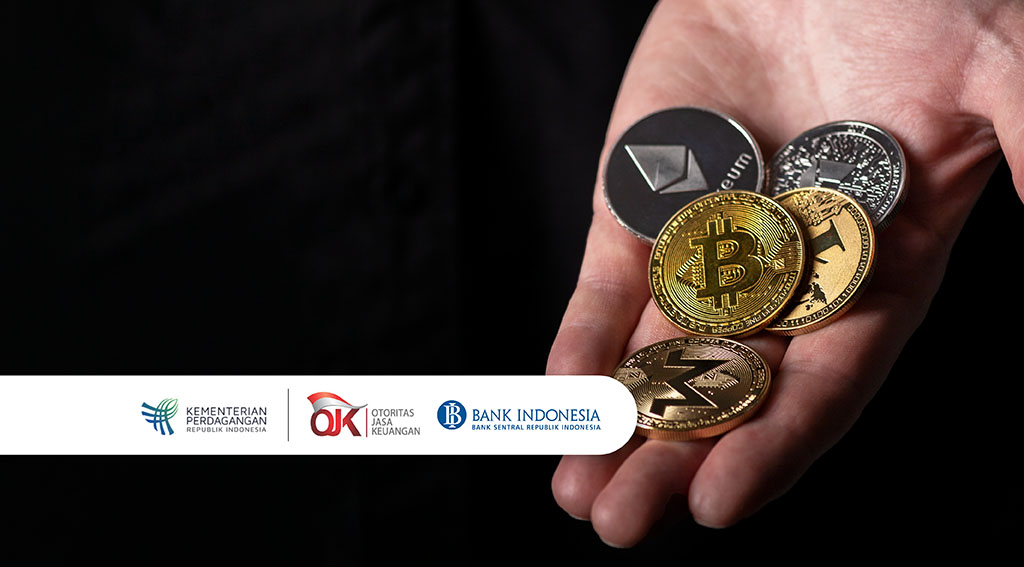
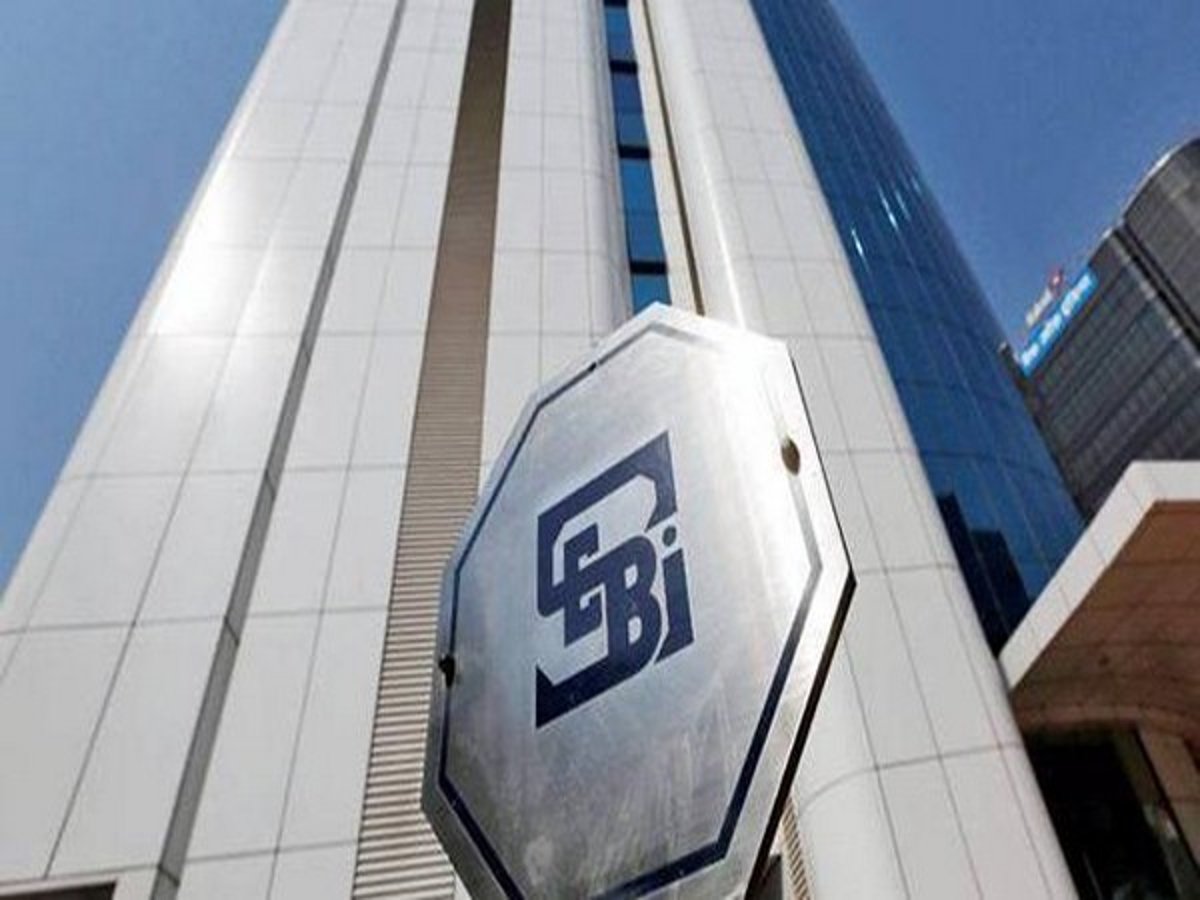
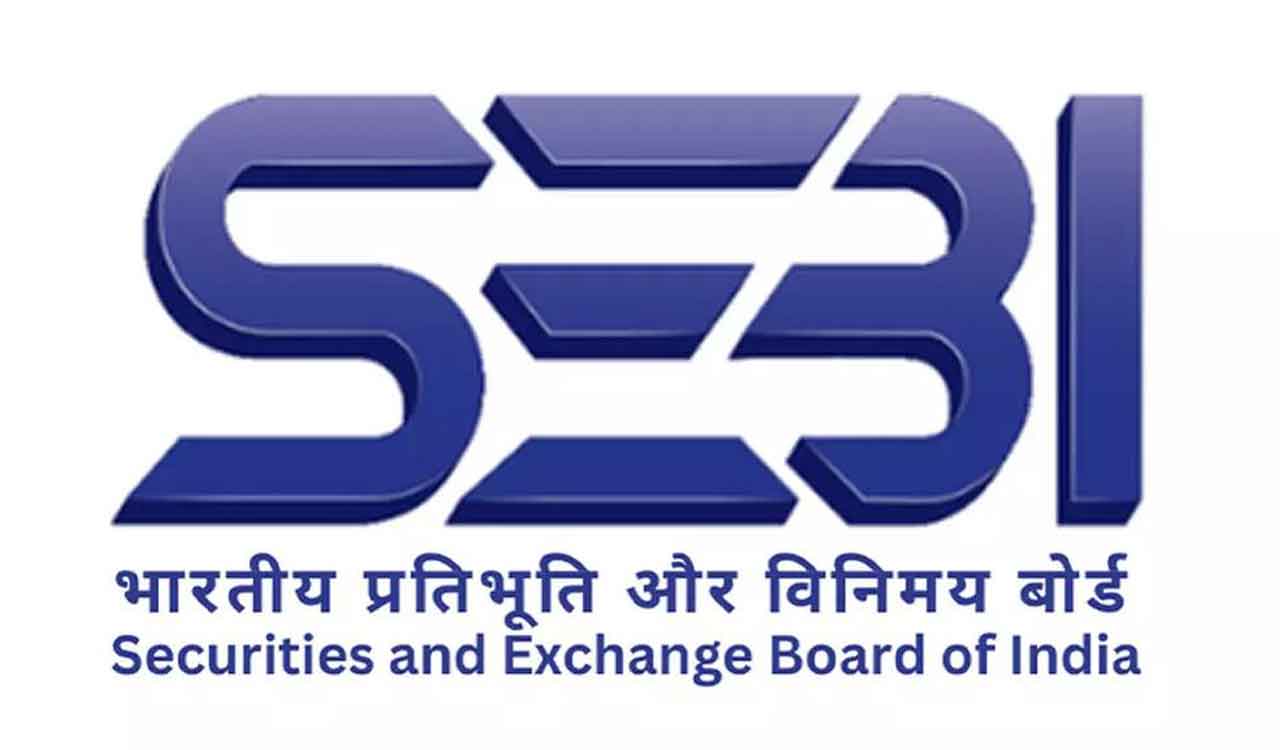
Leave a Reply